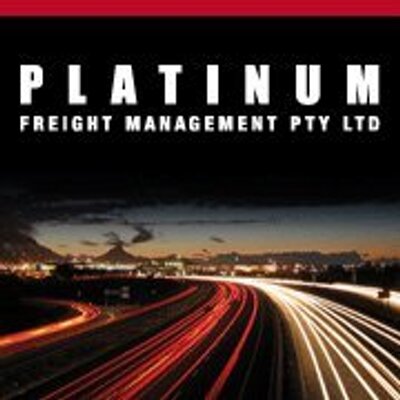
 News late last week suggested that there may be a black market for stolen Toyota Hiluxes shipped from Sydney to the Middle East for terrorist use. While, according to Platinum Freight Management boss Peter McRae, the story is speculative and sensational, it does highlight a nasty reality placing strain on the insurance industry and the lenders who secure finance against the motor vehicles.
News late last week suggested that there may be a black market for stolen Toyota Hiluxes shipped from Sydney to the Middle East for terrorist use. While, according to Platinum Freight Management boss Peter McRae, the story is speculative and sensational, it does highlight a nasty reality placing strain on the insurance industry and the lenders who secure finance against the motor vehicles.
The topic highlights an issue of genuine concern to insurers, the financiers or the freight forwarding industry: Australia’s vehicle exporting system provides plenty of scope for a hidden trade in stolen vehicles internationally.
In essence, I’m talking about black market opportunism fueled by holes in Australia’s export process. And it is the insurance and finance providers, and later their customers, who face the biggest losses.
Exporting a car in this country is a simple matter. The exporter calls a shipping company or a freight forwarder directly and advises that they wish to export a motor vehicle from Australia. The booking is made, the car/s are secured inside the container, the Export Declaration Number is processed through Border Force [Customs] before the container is loaded onto the vessel and exits our shores.
The paperwork does not require the exporter to record a VIN/ Chassis number for the vehicle/s and even if the VIN/ Chassis are recorded, there is no requirement from the state levels such as the Roads and Maritime Services NSW, Vic Roads or Department of Transport WA that the registration be cancelled, produced and or verified prior to exporting from Australia.
Secondly, there is no requirement from the federal level such as The Department of Infrastructure and Regional Services (the department which must authorise all motor vehicle imports into Australia), nor Border Force that the VIN/ Chassis be entered, recorded, saved or retained to verify against police registers for a status as being stolen.
So I put this to the insurance, finance and freight forwarding industries. Is this good enough?
According to the Daily Telegraph and the UK’s Daily Mail, 834 Toyota Hiluxes were reported stolen between 2014 and 2015, which is an increase on previous years. As a Customs specialist, I can say that it is absolutely impossible to discern whether all or even any of these were exported.
Therefore, nor is it possible to prove that terrorists have ever been inside an Australian vehicle in a war zone – however, what matters to insurers, financers and freight forwarders is that a significant gliche in Customs has been demonstrated and highlighted – and rightly so.
When there is a comprehensive system in place to protect local buyers from unknowingly buying a stolen vehicle (for example REVS in NSW or Vehicle Registration Enquiry Vic Roads) why does the system fail the insurance and finance industry who are paying for the losses?
The comprehensive importing and exporting processes we uphold for the correct fees and taxes payable are at odds with the lack of comprehensive processes for exporting high-value second-hand goods, made most clear this week, thanks to the Daily Telegraph.
My thinking is that a black market trade in stolen vehicles, boats, bikes and so on is a matter of general industry concern. Customs systems should be made accountable for goods leaving, in order to assist in minimizing theft and reducing black market opportunism.
This could significantly assist the insurance and finance industry in managing its load, reducing theft payouts and, in the longer term, contribute to lower premiums for customers.
Peter McRae is an internationally recognized customs broker, senior lecturer of Customs Brokering and the CEO of Platinum Freight Management Pty Ltd, a leading independent Australian customs brokering and freight forwarding company, with offices across Australia, New Zealand and Hong Kong.





